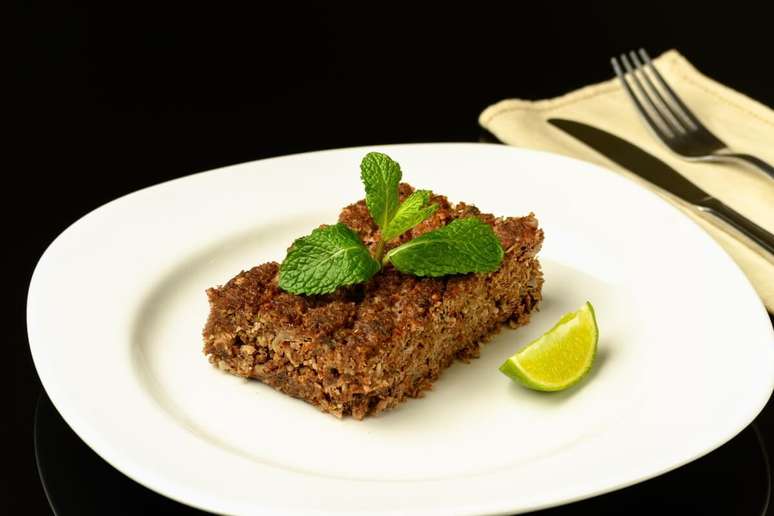It’s not that we decided to write a master’s thesis on the topic “Vinegar and its effects on materials” – we just want to tell you when you should not use it.
White vinegar can do many things: it can make bath towels softer or eliminate bad odors from the refrigerator. However, there are some items that are not recommended to be cleaned with vinegar. Here are the things professional cleaners advise you to keep away.
What you previously cleaned with bleach
Of course, this does not mean that if you have doused the toilet with chlorine at least once, it can no longer be treated with vinegar. But never use these products together or one after another: even if it seems that you washed one well and then took another, everything will end in a headache and odor strange which seems to have become embedded in the nasal mucosa.
The danger of using vinegar to clean an item that contains traces of bleach is that it releases chlorine gas, which produces all those special effects. So remember: chlorine and vinegar are a dangerous duo, and it’s best never to mix them.
All natural stone









